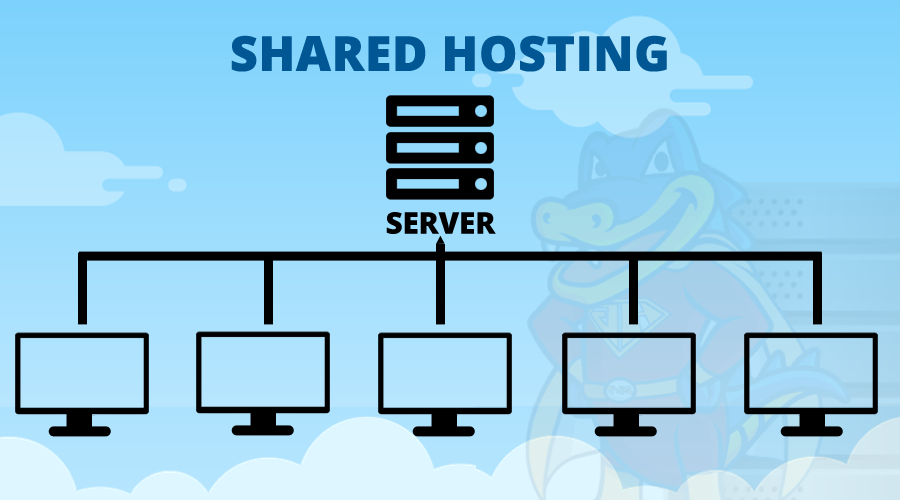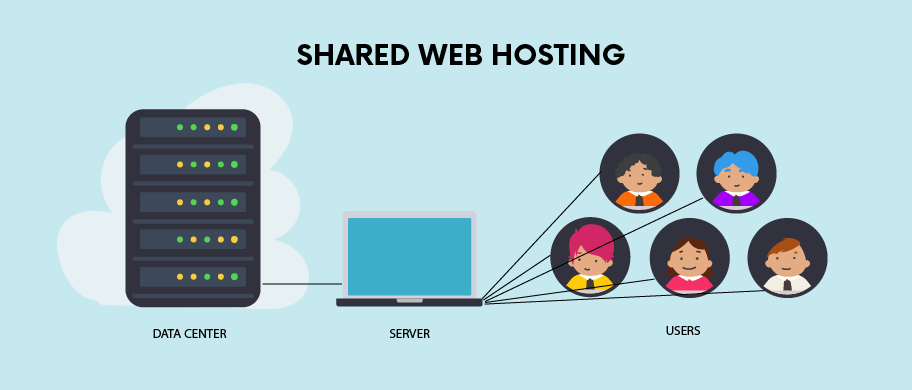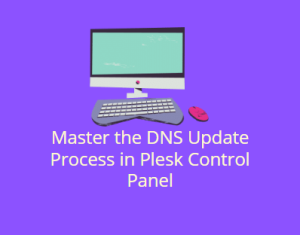
In the ever-evolving landscape of web hosting, shared hosting stands out as a popular and cost-effective solution for individuals and small businesses looking to establish an online presence. In this blog post, we’ll delve into the fundamentals of shared hosting, highlighting its key advantages and disadvantages to help you make an informed decision when selecting a hosting plan.

Table of Contents
Understanding Shared Hosting
It is a type of web hosting where multiple websites share resources on a single server. This cost-efficient model allows hosting providers to divide server costs among numerous users, making it an attractive option for those on a budget.
What is Shared Hosting
It is a web hosting service where multiple websites share resources on a single server. In this hosting model, numerous users, often individuals or small businesses, are allocated a portion of the server’s resources such as disk space, bandwidth, and processing power. These resources are shared among all the websites hosted on that server.

How does shared hosting work?
Shared servers resemble computers, equipped with hard drive space, a central processing unit (CPU), and RAM. These resources are shared among multiple users hosted on the server, ensuring secure storage for all the files, data, and information constituting your website.
When a user requests access to your website from their computer, the server sends the stored data of your website to the internet user. It maximizes a server’s efficiency, as each individual website generates varying amounts of traffic at different times.
Advantages of Shared Hosting

- Cost-Effective:
- It is one of the most affordable hosting options available, making it ideal for individuals or small businesses with limited budgets. The shared costs of server maintenance and resources keep the pricing competitive.
- Ease of Use:
- It is user-friendly and requires minimal technical knowledge. Hosting providers typically offer a user-friendly control panel, simplifying tasks such as setting up email accounts, managing domains, and installing applications.
- Maintenance and Server Management:
- Server maintenance and management are handled by the hosting provider. This allows users to focus on building and maintaining their websites without worrying about the technical aspects of server upkeep.
- Scalability:
- Many shared hosting plans offer scalability options, allowing users to upgrade their plans as their websites grow. This flexibility is beneficial for businesses that anticipate increased traffic or expansion in the future.
- Technical Support:
- Shared hosting plans often come with responsive customer support. Hosting providers offer assistance with common issues, ensuring that users receive help when needed.
Disadvantages of Shared Hosting
- Resource Limitations:
- Since multiple websites share the same server resources, there is a risk of performance issues if one or more sites experience high traffic or resource usage. This can lead to slower loading times and potential downtime for all users on the server.
- Security Concerns:
- Shared hosting environments pose security challenges. If one website on the server is compromised, there is a potential risk to others. Although hosting providers implement security measures, shared hosting may not be suitable for websites with stringent security requirements.
- Customization Constraints:
- Users have limited control over server configurations and may face constraints on installing certain software or customizing server settings. This lack of flexibility can be a drawback for those with specific technical requirements.
- Performance Variability:
- Since resources are shared among multiple users, the performance of a website can be affected by the activities of neighboring sites. This variability in performance may not be suitable for high-traffic or resource-intensive websites.
Conclusion
It offers a cost-effective entry point for individuals and small businesses seeking web hosting services. While it comes with several advantages such as affordability and ease of use, potential drawbacks like resource limitations and security concerns should be considered. Understanding the unique needs of your website and weighing the pros and cons will help you make an informed decision when choosing a hosting solution.





